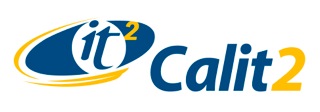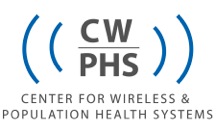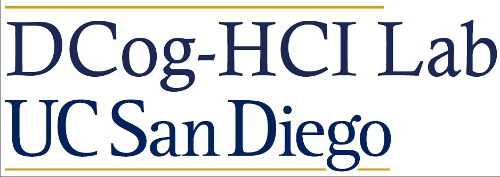 This year's Keynote speaker is Deborah Estrin, Professor of Computer Science, UCLA.
This year's Keynote speaker is Deborah Estrin, Professor of Computer Science, UCLA.
Keynote short biography:
Deborah Estrin is Professor of Computer Science at UCLA, the Jon Postel Chair in Computer Networks, Director of the Center for Embedded Networked Sensing (CENS), and co-founder of the non-profit openmhealth.org. She received her Ph.D. (1985) in Computer Science from M.I.T., and her B.S. (1980) from UC Berkeley. Estrin’s early research focused on the design of network protocols, including multicast and inter-domain routing. In 2002 Estrin founded the NSF-funded Science and Technology Center, CENS (https://cens.ucla.edu), to develop and explore environmental monitoring technologies and applications. Currently Estrin and collaborators are developing participatory sensing systems, leveraging the programmability, proximity, and pervasiveness of mobile phones; the primary deployment contexts are mobile health (https://openmhealth.org), community data gathering, and STEM education (https://mobilizingcs.org). Professor Estrin is an elected member of the American Academy of Arts and Sciences (2007) and the National Academy of Engineering (2009). She is a fellow of the IEEE, ACM, and AAAS. She was selected as the first ACM-W Athena Lecturer (2006), awarded the Anita Borg Institute's Women of Vision Award for Innovation (2007), inducted into the WITI hall of fame (2008) and awarded Doctor Honoris Causa from EPFL (2008) and Uppsala University (2011).
Abstract of Keynote talk:
Telling Traces
Even the simplest mobile phone can be used to capture time-stamped self-reported data. These "tweets with a purpose" can be integrated with web-based applications that prompt, store, analyze, and visualize; providing individuals with traces of their health status, exposures, and behaviors. Moreover, more modern smartphones can be programmed to automatically record GPS coordinates, wireless fingerprints, accelerometer readings, and the digital exhaust of other mobile apps. These personal data streams can in turn be processed to create detailed, geocoded, time-stamped, activity logs of our every day lives. When combined with the wealth of available spatial data and models these activity traces can be used to make strong inferences. Unlike much of the data captured by Internet and social media services, activity and self-report traces are already personally identified, legally reusable, and easily available to the individual. We have the opportunity to learn from our own traces, and at the same time feed back data to clinicians to inform clinical care. In this talk I will describe applications and approaches developed through work at UCLA and openmhealth.org.








































